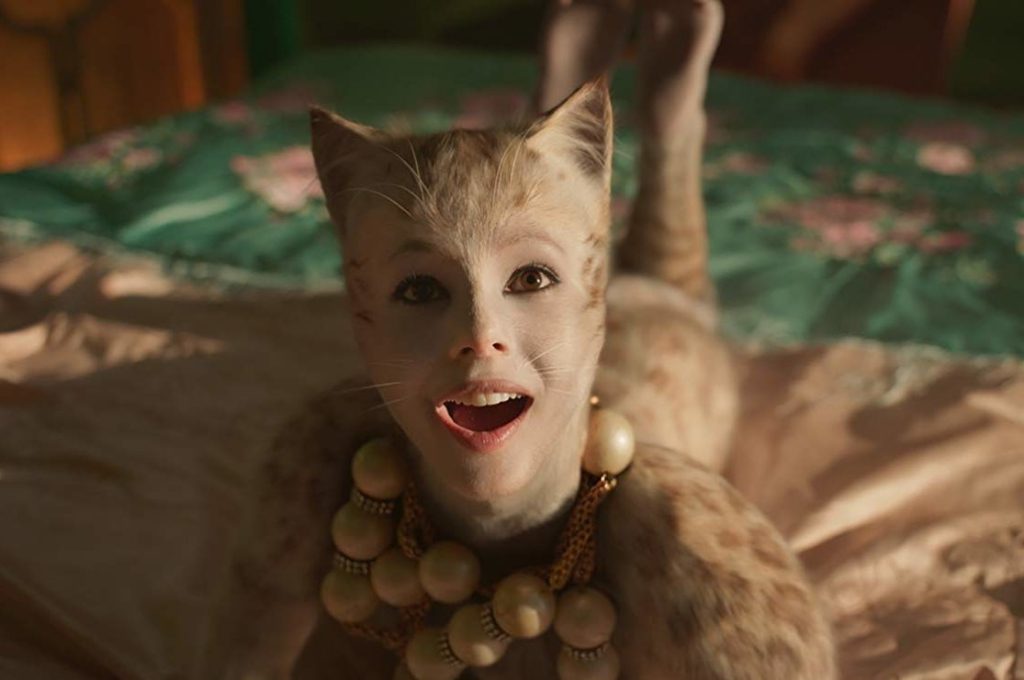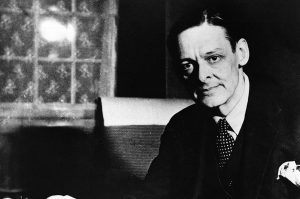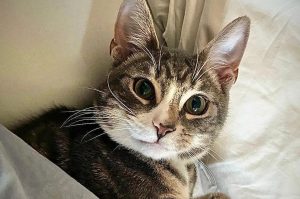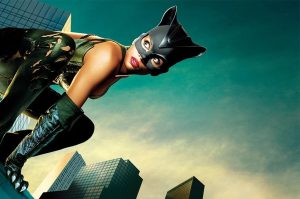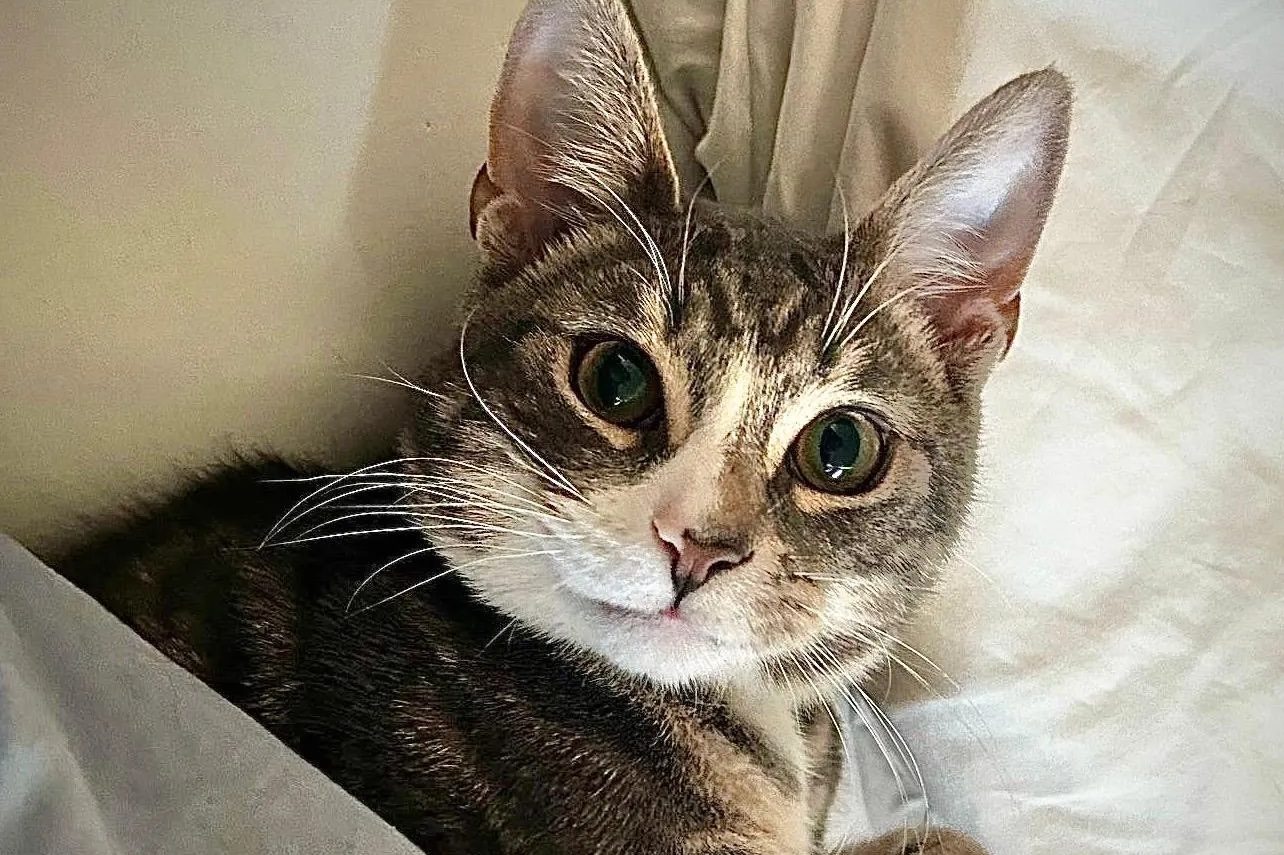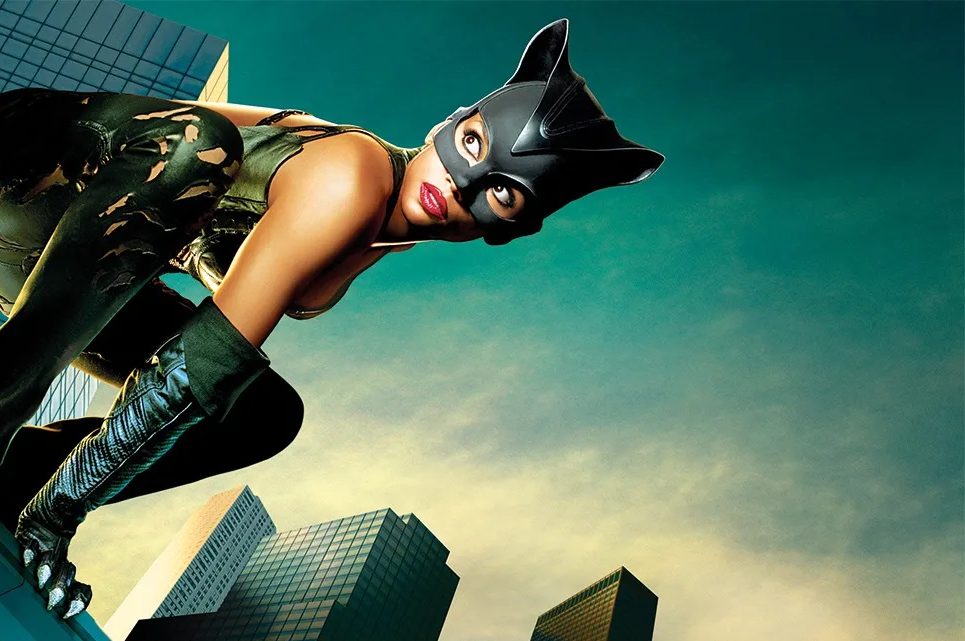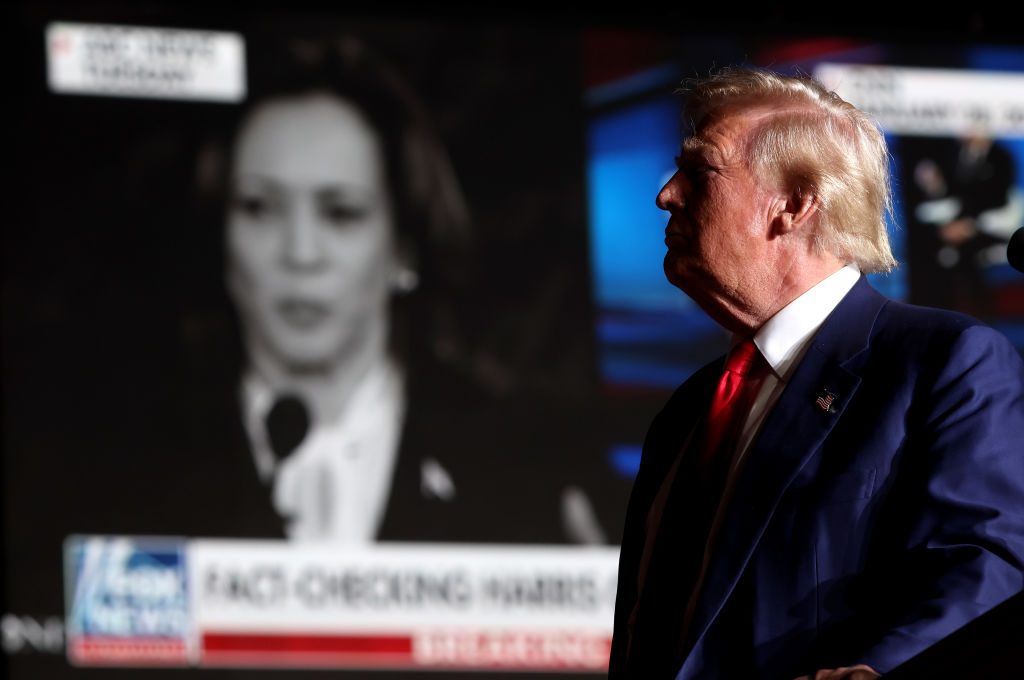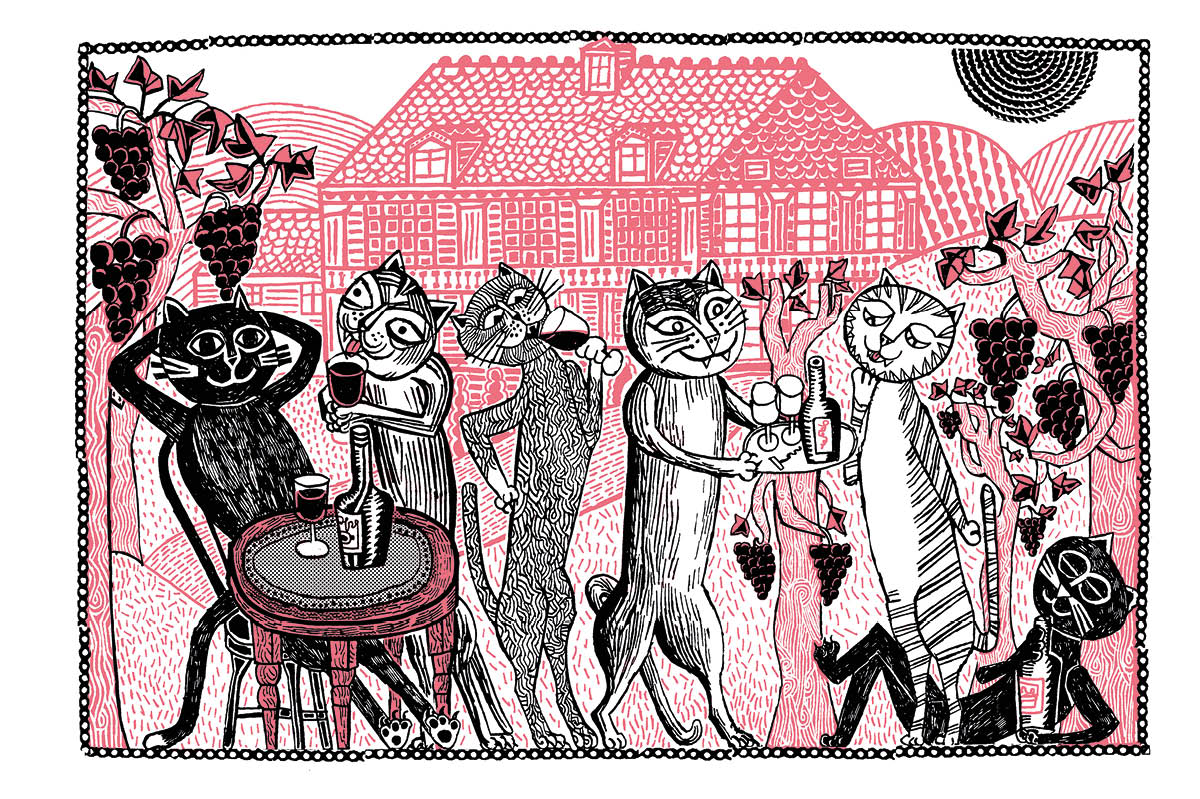After T.S. Eliot died in 1965, his second wife Valerie became notorious for not releasing his letters or unpublished verse, and for not licensing his published work for vulgar adaptation. This is why ‘The Love Song of J. Alfred Prufrock’ was never made into a musical with an opening number in which the protagonist jumps off an operating table as a female chorus come and go, talking of Michelangelo. The widow Eliot did, however, permit Andrew Lloyd Webber and Tim Rice to adapt Old Possum’s Book of Practical Cats, old Tom’s poems about cats, and also to work in some lines from his other, clearly less accomplished poems like ‘Preludes’ and ‘Rhapsody on a Windy Night’, which finally became immortal after being repurposed for the song ‘Memories’.
Lloyd Webber, in his autobiography, describes how he and Tim Rice visited Valerie Eliot and explained their plan to dramatize Eliot’s cat poems. She looked unconvinced and asked for more details. They confessed that the poems would be dramatized with the help of a popular all-girl dance troupe called Hot Gossip, who in those days wore thongs before their watershed.
‘Tom would have liked that,’ Valerie said, and granted the rights.
Would Tom have liked the movie of Cats? He might have liked the royalties. Cats is big business, which is what you get when you give the people what they want. And what they want, as the democracy of the internet shows, is a polarized pair of images: violent sex and cute kitties. In Cats, as in the search history, the images of sexual transgression and cuteness are converging. This perverse infantilization does not bode well for us. It bodes worse our cats, who may yet be expected to do more than sing for their tinned suppers.
Some early viewers of Cats professed to being disturbed by sexual arousal when they viewed this furball phenomenon. This is strange. It is not strange to be sexually aroused by people in catsuits; it is strange to be disturbed by being aroused by people in catsuits. Why are these cats more disturbing than Eartha Kitt or Michelle Pfeiffer when they donned the leather suit of Cat Woman and purred antagonistically at Bruce Wayne? Or the 1942 film Cat People, in which a Serbian-born fashion designer becomes convinced she will transform into a panther when she has sex — a film remade in 1982 as, Wikipedia tells us, ‘an erotic horror film’?
The answer is that, to adopt a metaphor from bestiality, the human element has merged with the animal while retaining its distinctive feature. Disembodied human features float digitally on cats’ skulls. The actors look as if a cat’s skin has been stretched over their faces. I’m not sure Tom would have liked that at all.
The cat people in Cats look like a digital update of a Victorian freakshow. When I was a child, no summer holiday on England’s south coast was complete without a visit to Mr Potter’s Museum of Curiosities, a monument to cross-species perversion situated in the Miss Marple-like town of Arundel, West Sussex. Walter Potter was an amateur taxidermist who, presumably after massacring the local fauna, assembled weirdly detailed anthropomorphic dioramas in his father’s pub: ‘The Death of Cock Robin’, with a real dead cock robin and 97 other species of birds attending the funeral, ‘The Guinea Pigs’ Cricket Match’ (no further explanation required), and ‘The Kittens’ Tea Party’ (ditto).
Potter also collected deformed animals from the local farmers. I spent many happy hours contemplating the two-headed lamb, which was like something out of the Book of Revelation, and a four-legged chicken, which was merely ludicrous.
Some telling facts about Potter’s Museum of Curiosities: First, the museum was so popular with Victorian tourists that special coach trips were run to Potter’s village and the platform at the railway station had to be extended to handle the extra carriages. Second, to cope with the public’s interest, Potter moved his museum out of the pub and into his summer house. Third, Potter developed this morbid interest after his sister Jane showed him an illustrated book of nursery rhymes; he offered in dead anthropomorphic form the physical desire that the incest taboo forbade him from offering in his father’s house. Fourth, Walter Potter carefully fitted each kitten in the ‘Kittens’ Tea Party’ in a pair of miniature knickers.
In the Victorian tableaux, it was the moralizing and miniature human clothes that made the whole business seem sick and uncanny. In the modern one, it’s the ‘erotic horror’ of recognizing that perverse infantilism is at the root of unregulated human nature, because the image of desire has been reflected back too accurately –– without, say, Potter and Eliot’s blurrings of nursery rhyme and nonsense verse.
Tom might have liked all this more than we think. Eliot was a connoisseur of music hall, and some of the early poems that Valerie Eliot kept out of circulation were bawdy and racist. ‘King Bolo and his Big Black Queen’, for instance, describes an African tribe, a ‘wild and hardy set of blacks’ whose ‘national uniform’ is a garland of verbenas ‘And a pair of great big hairy balls / And a big black knotty penis’. Valerie Eliot permitted Christopher Ricks to publish that one in 1996.
As Walter Potter and T.S. Eliot knew, it is the task of art to shift the literal to the symbolic, the wearyingly perverse to the imaginatively liberating. The perverse is edited from the canon as from any sensible society. But it remains, hidden in plain sight like Potter’s kittens’ knickers — or, in Cats, the penis of Jason Derulo who, here performing the part of Rum Tum Tugger, claims that his penis was ‘CGI-ed out’ of Cats because it was too prominent in Lycra.
The name ‘Rum Tum Tugger’ is ostensibly nonsense but hints at perversion: the ‘rum bugger’, perhaps, or the compulsive tugger. The same goes for ‘Growltiger’s Last Stand’ and ‘Mungojerrie and Rumpleteazer’. T.S. Eliot, he of the feline and allusive mind, knew what he was doing. The anti-hero of Tom’s Old Possum’s Book of Practical Cats is Macavity the Mystery Cat. Like the man who erases his search history from the family computer and the shepherd who avails himself of his flock while no one is around, Macavity the ‘Hidden Paw’ breaks the law but is never caught at the scene of his crimes. The name Macavity is familiar to generations of English children from the joke about the two Scottish dentists, Ben Doon and Phil Macavity. From which we can only conclude that Valerie was right: Tom would have liked Cats a lot more than we might think.



